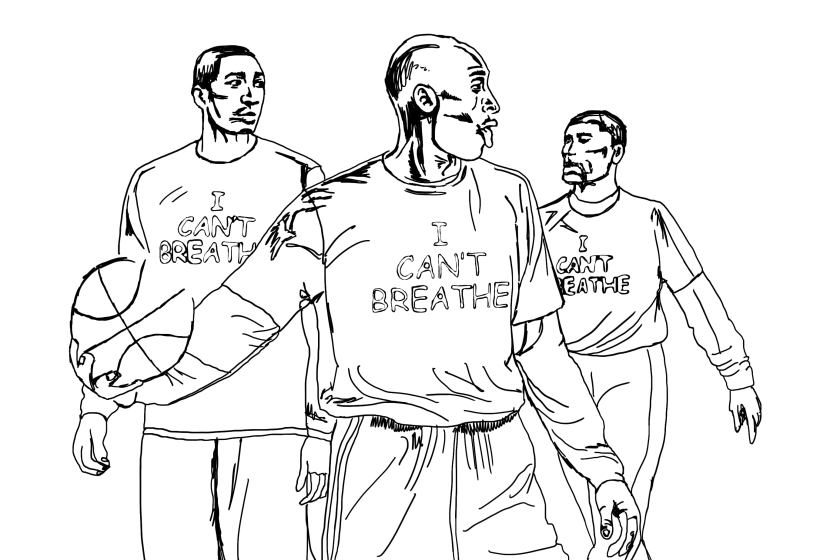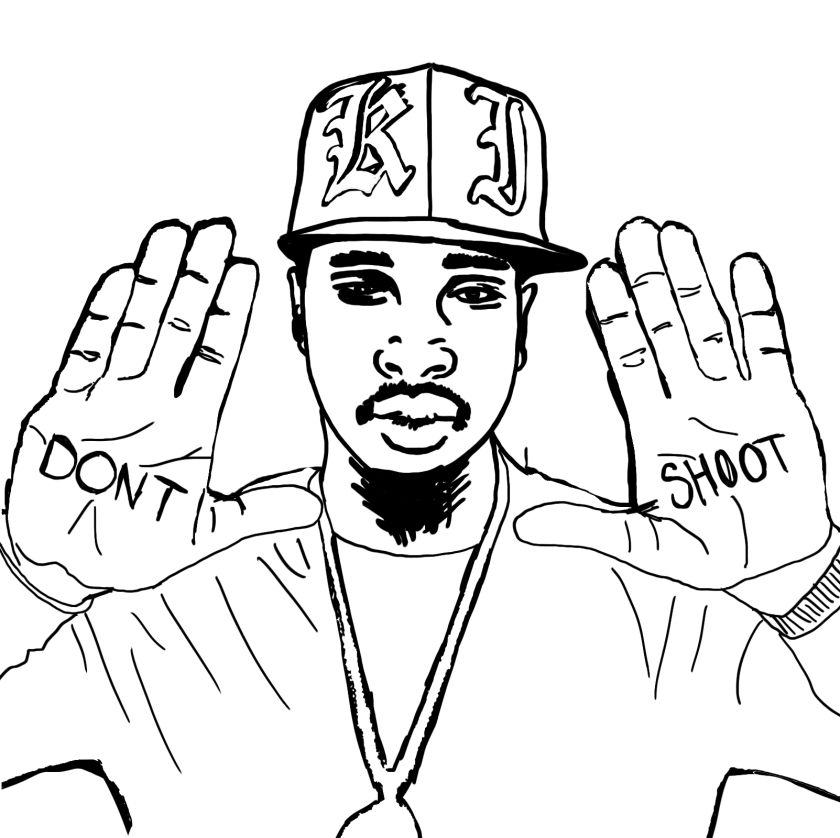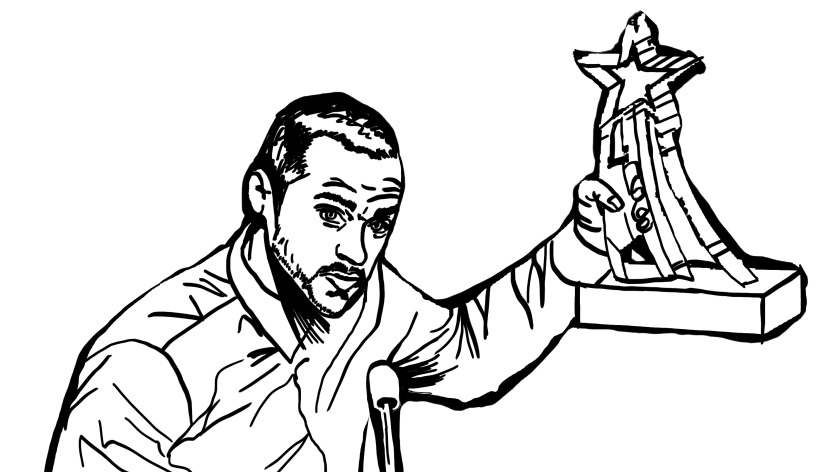So our last Tips and Tricks post was all about Telling Your Story, and in it I mentioned the #BlackLivesMatter movement.

Kobe Bryant wearing his I Can’t Breathe tee in warm up, by Elena Duggan.
Before we get started, there are a few things I want to mention. I need to identify and position myself truthfully and accurately with regards to this movement by stating that I am a white cis female Australian and therefore cannot possibly feel or experience the things that people fighting for this movement are going through. I say this so that if any of my language could possibly be construed any way other than my intention, please know that my intent will never be to hurt. I would call myself an ally except that I have seen numerous people online say that do not think allies either can really exist or should have their opinion heard in any way that subordinates that of someone experiencing the same situation as someone who identifies as black.
Another thing I want to address is that this blog in particular is dedicated to analysis of different acts of activism, and what’s involved in making successful or not successful online activist campaigns for social change. #BlackLivesMatter is representative of centuries of race relations and anguish and murder, systemic racism that proliferates all industries including those that think they are more open like Hollywood, and more recently the despicable, horrifying and tragic events involving people like Michael Brown in Ferguson and Terrence Crutcher and the Charlotte riots… How could any singular blog post tackle or even attempt to negotiate these incredibly deep and highly emotional concepts? I don’t think it can, what I do think though is that talking about these problems is the first step in effecting positive social change.
And that right there, is the crux of what this blog is all about. Story telling, and how important it is.

Tyga, by Elena Duggan.
What we all need to understand is that all problems we have as a group of people have been created entirely by us. Therefore the only way these issues can be corrected is through people. How do you get someone to change a belief, attitude, behaviour? Get them to care. Get them to care about their own future, the future their children will have. Get them to care about the people they love, get them to care about their country. You need to appeal to their senses of justice, morality, fairness, humanity. If you know anything about advertising, you know that the story is what will sell your product. Watch any Apple ad…
Another thing I need to state is that while I’m talking about #BlackLivesMatter as a campaign for social change and I’m using words like success, I am well aware that this campaign will be in progress as long as necessary for systemic change to be in place. #BlackLivesMatter is not something that’s over. It’s not finished and everything is perfect. I’m talking about it because it is very much something we should be talking about every single day. Everyone. In the whole planet. No matter where you belong or where you call home.
The thing that draws me to talking about it is actually because of how powerful it is as a movement. It is one of the most discussed topics on all social media platforms. Millions of people are contributing. Thankfully we live in a time where social media and smart phones exist. Crimes like the ones we are seeing in videos uploaded to these platforms used to be hidden away in the shadows and not discussed. I remember the way my stomach dropped as a kid when I saw the Rodney King footage. I remember it so viscerally because it’s the way I feel on the verge of physical illness with each new image and hashtag dedicated to another black person killed in the streets.
These videos are stories.
And they are hard to watch, but even harder to ignore.
Stories are important to get people onside, but they are equally important in the education of the people reading them. The messages encoded translate as important because of how much a story makes us care. And we remember those messages. We share those messages.
For a better description of this, you must watch or read Jesse Williams’ speech at the BET Awards this year.

Jesse Williams at the BET Awards, by Elena Duggan.
And if you’re sitting there reading this thinking this doesn’t all apply to you, you’re wrong. If you need convincing just have a look at the mass outpouring of solidarity expressed in recent protests held in Melbourne and Sydney.
Or if you think you can watch and love Beyoncé’s Lemonade for just the musical content, you’re wrong. She’s telling you the stories of millions of lived experiences, you just need to listen.

Beyoncé, Lenny Kravitz, Queen Latifah, Kevin Hart, Janelle Monáe, Chris Rock, Jennifer Hudson, Pharrell, Alicia Keys and Rihanna talk about 23 Ways you could be killed if you are black in America, by Elena Duggan.
Takeaways:
- Even when it’s the hardest thing to do, tell your story.
- Even when it’s the hardest thing to watch, watch the videos shared.
- Even when it’s the hardest thing to say, call out racism.
- Even when it’s the hardest thing to own, own and acknowledge your own prejudices and do your best to change them by educating yourself.
- Even when it’s the hardest thing to believe, believe that change is possible.
